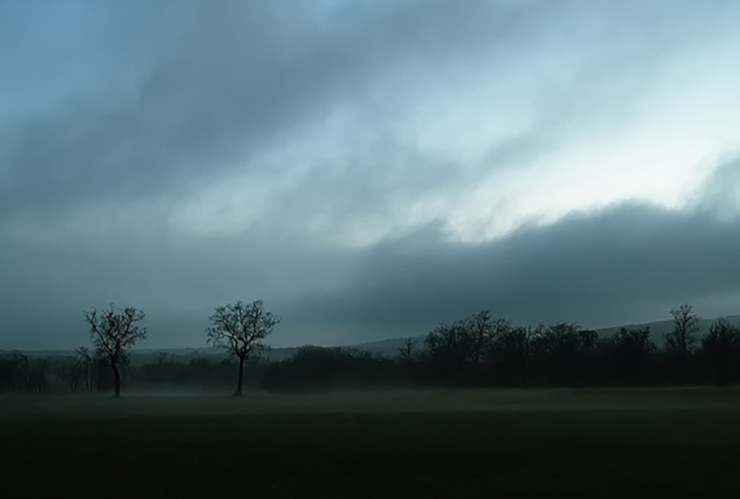I can tell you almost exactly where I was around 2 a.m. most nights in January 1988 – doing the graveyard shift for the feeding of our second, youngest and last child, Andrew.
I held the baby on one arm, my right arm cradled around him with his bottle, while in my left hand was The Deerslayer by James Fenimore Cooper. The book was required reading for a course I was taking for masters program. I will forever associate The Deerslayer with baby bottles.

It is also the region where poet Daniel Bowman Jr. was raised, and it provided the title for his first collection of poetry, A Plum Tree in Leatherstocking Country.
Bowman, an associate professor of English at Taylor University in Indiana, has assembled 43 poems of geography and memory, some reaching into his childhood and the people who shaped his life and others examining the seasons, poets, music and baseball (Cooperstown and its Baseball Hall of Fame are in Leatherstocking Country).
The poems are accessible and immediate, originating in or influenced by particular place, but nonetheless familiar and engaging. They remind us that our own hometowns and regions continue to exert a powerful pull, even if left long ago for other places. These are the places that shape us, both because we were once part of a specific geography and a specific family.
And these places can exert powerful influences upon our own children, even if they’ve never lived there. Here is Bowman’s “April Poem:”
Every year about this time
I bury my mother’s bones.
And in May
they spring up as lilacs
and in June they float softly
on the Irondequoit Creek
and in July they march down
Columbia Street
and end with smoke.
In August they become
Poison Ivy creeping
along the trail where I walk
with my daughter.
Soon they’ll be hidden
under dead leaves and snow.
The thaw will have its say
again next year
and I’ll reach for the shovel,
happy for moonlight
and a grasshopper’s song.
The poem speaks to many things – memory, family, the influences on succeeding generations, the circularity of daily life within the seasons. The flowers, springing from “my mother’s bones, ” return each year. The idea of a natural order, outside but shaping human existence, permeates the words and phrases.
Bowman’s poems have appeared in several books, including Tania Runyan’s How to Read a Poem, published by T.S. Poetry Press. He’s also written a novel, Beggars in Heaven.
A Plum Tree in Leatherstocking Country is a beautiful collection, poems of quiet, reflection, and memory. The poems remind of the richness of the places we come from.
Related: The trailer for A Plum Tree in Leatherstocking Country:
Photo by Xenja Santarelli, Creative Commons, via Flickr. Post by Glynn Young, author of the novels Dancing Priest and A Light Shining, and Poetry at Work.
Want to brighten your morning coffee?
Subscribe to Every Day Poems and find some beauty in your inbox.
- Poets and Fables: Steven Flint and “The Sun and the Boy” - July 3, 2025
- Poets and Poems: Alison Blevins and “Where Will We Live if the House Burns Down?” - July 1, 2025
- Poets and Poems: Paul Pastor and “The Locust Years” - June 26, 2025



Bethany R. says
Glynn,
The image of you as a graduate student reading while bottle-feeding your son, is an endearing one.
This reflective, image-rich poetry resonates with me. Thank you for bringing it to my attention.
I love:
“The thaw will have its say
again next year
and I’ll reach for the shovel”